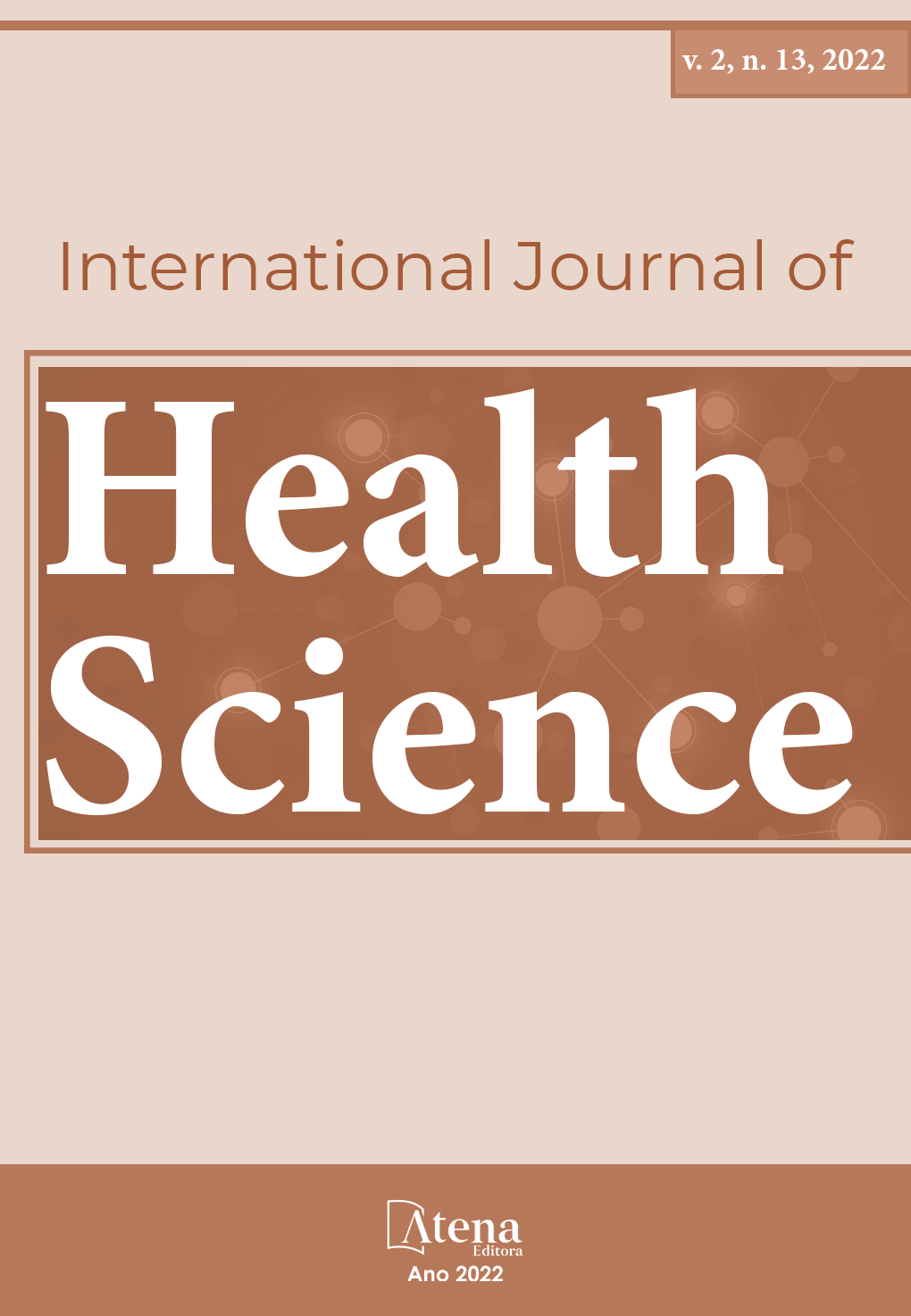
THE CHALLENGES OF OCCUPATIONAL THERAPY IN PUBLIC HEALTH
This study was developed through an explanatory, exploratory, selective, analytical and basic bibliographic qualitative research. The objective of the study is to show the advantages of the contribution of the Occupational Therapist (OT) with the Basic Health Unit (UBS) team in the care of patients, to make known the Occupational Therapy interventions at the primary level of health care in the Basic Unit of Health and understand the areas of action of Occupational Therapy in promoting independence in Activities of Daily Living (ADLs) of patients treated at the Basic Health Unit, through the analysis of articles published in the national territory. The reading and detailed analysis of articles resulting from the selection made it possible to structure and map the information and significant concepts existing in the articles, which allowed solving the research problem. The final considerations of this study show us that Occupational Therapists (OT) face challenges when they are inserted in various contexts of people's health care and create new forms of intervention, facing obstacles to the accomplishment of the fulfillment of their work, in some regions. of the country, and finally, the study proves that the Occupational Therapist seeks to show the relevance of having this professional integrating the UBS teams, attending patients at the primary level of health care and contributing to an improvement in the quality of life of individuals.
THE CHALLENGES OF OCCUPATIONAL THERAPY IN PUBLIC HEALTH
-
DOI: 10.22533/at.ed.1592132203037
-
Palavras-chave: Occupational therapy; Activities of Daily Living; Primary Health Care; Basic health Unit.
-
Keywords: Occupational therapy; Activities of Daily Living; Primary Health Care; Basic health Unit.
-
Abstract:
This study was developed through an explanatory, exploratory, selective, analytical and basic bibliographic qualitative research. The objective of the study is to show the advantages of the contribution of the Occupational Therapist (OT) with the Basic Health Unit (UBS) team in the care of patients, to make known the Occupational Therapy interventions at the primary level of health care in the Basic Unit of Health and understand the areas of action of Occupational Therapy in promoting independence in Activities of Daily Living (ADLs) of patients treated at the Basic Health Unit, through the analysis of articles published in the national territory. The reading and detailed analysis of articles resulting from the selection made it possible to structure and map the information and significant concepts existing in the articles, which allowed solving the research problem. The final considerations of this study show us that Occupational Therapists (OT) face challenges when they are inserted in various contexts of people's health care and create new forms of intervention, facing obstacles to the accomplishment of the fulfillment of their work, in some regions. of the country, and finally, the study proves that the Occupational Therapist seeks to show the relevance of having this professional integrating the UBS teams, attending patients at the primary level of health care and contributing to an improvement in the quality of life of individuals.
-
Número de páginas: 15
- ALEXANDRE BOROSKI LUNARDI
- FERNADO BOROSKI LUNARDI
- PRISCILA DA SILVA
- CAMILA DE OLIVEIRA
- BRUNA TAINÁ BORDIN CAMPONOGARA
- PAULA TANARA BOROSKI LUNARDI


